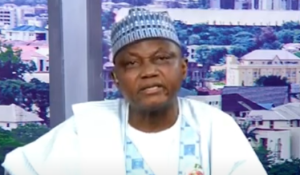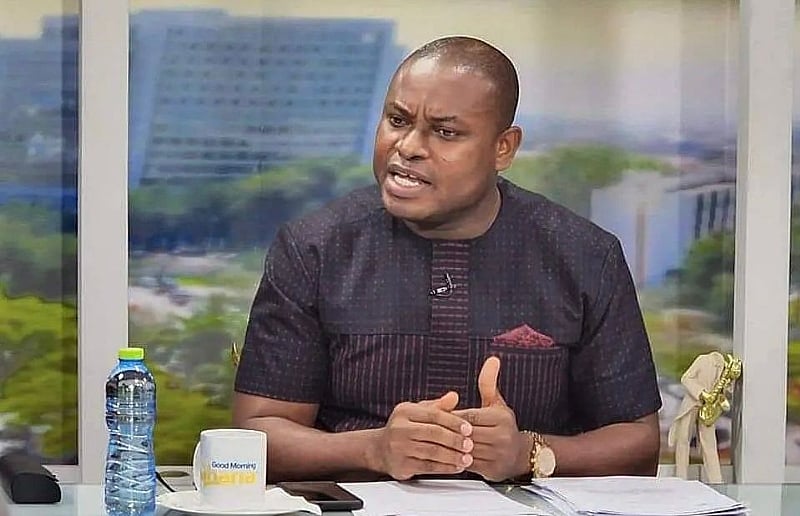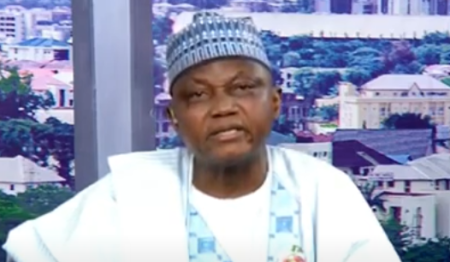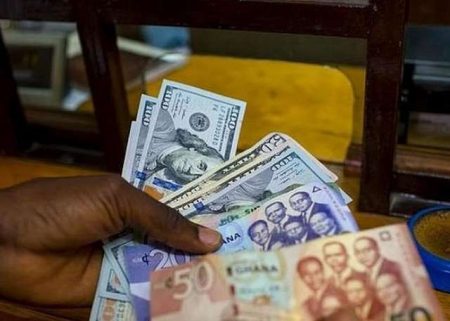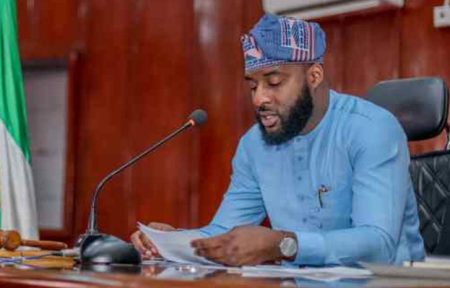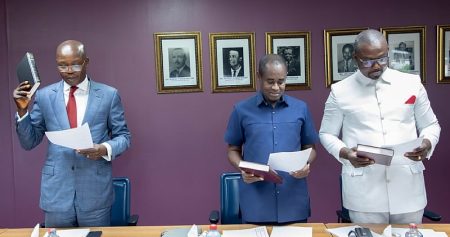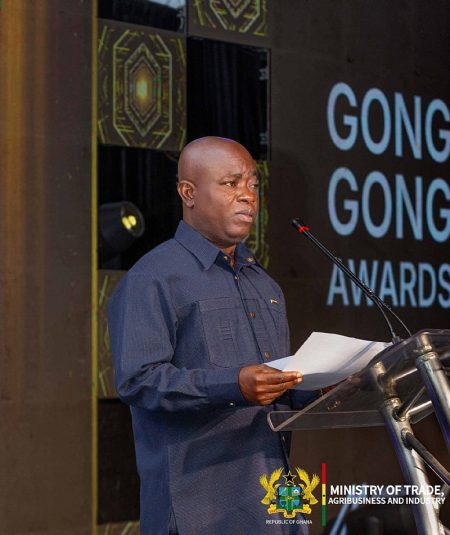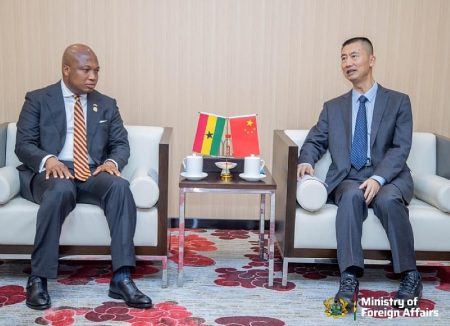Richard Ahiagbah, the National Communications Director of the New Patriotic Party (NPP), has launched a scathing attack on the proposed 24-hour economy policy of the National Democratic Congress (NDC), branding it a failed promise and a deceptive scheme burdened with a staggering $4 billion price tag. He questions the feasibility and clarity of the policy, which is slated for official launch, and criticizes Presidential Advisor Goosie Tanoh’s involvement, suggesting Tanoh is tasked with mitigating the fallout of this allegedly ill-conceived initiative. Ahiagbah’s central argument revolves around the exorbitant cost associated with the 24-hour economy, demanding transparency and justification for the allocation of $4 billion, particularly given the government’s plan to contribute $300 million to $400 million as seed capital to attract private investment. He argues that such a substantial investment lacks a clear roadmap and raises concerns about potential mismanagement and misallocation of public funds.
Ahiagbah’s critique extends beyond the financial implications of the 24-hour economy. He accuses the NDC of perpetrating a “scam” on the Ghanaian public by promoting an unrealistic and unsustainable policy, and criticizes the media for failing to critically examine the proposal and allowing the NDC to disseminate it without thorough scrutiny. He contends that a robust and informed public discourse on the 24-hour economy should have preceded its announcement, questioning whether proper stakeholder consultations were conducted and whether a comprehensive feasibility study was undertaken to assess its viability. This lack of transparency, in Ahiagbah’s view, reinforces his suspicion that the 24-hour economy is more of a political maneuver than a genuine economic strategy.
Furthermore, Ahiagbah draws a stark contrast between the NDC’s 24-hour economy and the NPP’s flagship One District, One Factory (1D1F) initiative. He portrays the 1D1F program as a pragmatic and effective approach to addressing Ghana’s production and employment challenges, emphasizing its focus on boosting local manufacturing, creating jobs, and stimulating both import and export activities. He argues that the 1D1F initiative offers a more tangible and sustainable pathway to economic development, unlike the 24-hour economy, which he perceives as an abstract and potentially wasteful endeavor. Ahiagbah urges the government to prioritize and continue investing in the 1D1F program while abandoning the 24-hour economy, which he dismisses as a “deceit.”
Ahiagbah’s core argument centers on the perceived lack of clarity, feasibility, and transparency surrounding the 24-hour economy. He challenges the NDC to provide a detailed explanation of how the $4 billion will be utilized and how the policy will effectively address Ghana’s economic needs. He criticizes the absence of robust stakeholder engagement and public consultation, suggesting that the policy was conceived without sufficient input from relevant parties. Ahiagbah’s call for accountability and transparency underlines his concern that the 24-hour economy may represent an extravagant and ineffective use of public resources.
The NPP’s communication director also highlights the perceived disconnect between the 24-hour economy and the existing economic realities in Ghana. He questions the practicality of implementing a round-the-clock economic system in a context where infrastructure gaps, energy challenges, and security concerns remain significant obstacles. Ahiagbah’s skepticism stems from his belief that the 24-hour economy lacks a grounded understanding of the operational challenges faced by businesses and industries in Ghana, making its successful implementation doubtful.
Finally, Ahiagbah’s advocacy for the 1D1F initiative reflects the NPP’s broader economic development strategy. He positions the 1D1F as a more realistic and impactful approach to industrialization, job creation, and economic growth. By contrasting the perceived practicality of the 1D1F with the perceived ambiguity of the 24-hour economy, Ahiagbah aims to solidify the NPP’s economic narrative and portray themselves as the more responsible stewards of Ghana’s economic future. He concludes his critique by imploring the government to abandon the 24-hour economy and redirect its focus and resources towards the further development and expansion of the 1D1F program.




